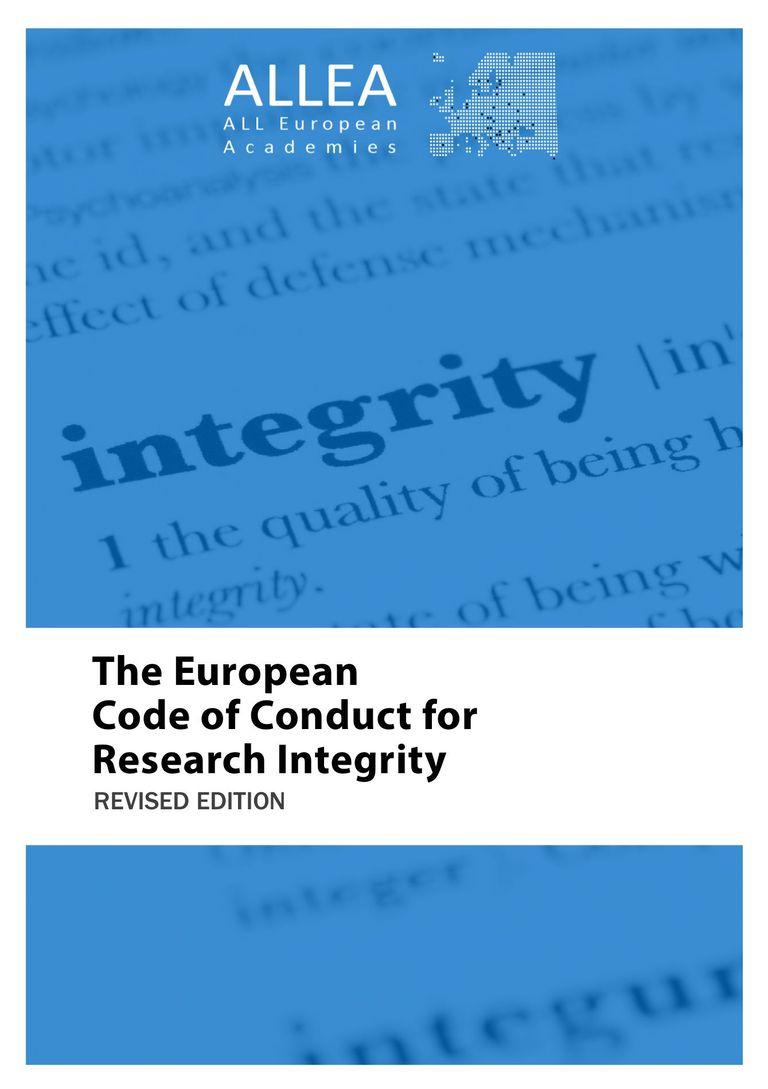Resources in the current RE + RI landscape
Europe has many existing ethics codes and guidelines to protect research subjects and broader society from any detrimental effects of research, and these have served us well. However, the radical nature of many technological innovations creates new ethical dilemmas about, for example, the very nature of being human, the potential to create fundamental societal inequalities and injustices, to make irreversible changes to the physical and cultural environment, breach basic privacy principles, impact on human freedom and autonomy, and open the door to potentially harmful misuse of new technologies. As a result, our current ethics codes are inadequate to deal with these challenges and this creates a gap in both understanding of and protection from the potential consequences of unchecked innovation. We urgently need new guidelines for the research and innovation community that can future-proof existing ethics and integrity principles and practices.
TechEthos RE + RI solutions
TechEthos will tackle this need for new guidelines by bringing ethical and societal values into the design and development of new and emerging technologies from the very beginning of the process. Such ‘ethics by design’ will allow for new, usable guidelines for the research community. In the end, the project will be developing guidelines for 3 exemplary new and emerging technologies across different domains. TechEthos will explore the ethical implications and potential consequences of several domains of knowledge advancement for which new codes and guidelines will be required. These can then become key supports to the European Code of Conduct and ensure that researchers have the best possible guidance on how to contribute their skills to the advancement of knowledge in a safe, considered and equitable way.
As a partner in the TechEthos project, ALLEA will contribute to enhancing existing legal and ethical frameworks by ensuring that TechEthos outputs are in line with The European Code of Conduct for Research Integrity, and identifying opportunities to borrow from TechEthos to inform future revisions of the Code. Linking new ethics guidelines to the European Code of Conduct will provide a common framework from which national and local codes and policies can be developed or updated to reflect current challenges. This will be important in ensuring consistency at a high level and promoting a common understanding of what constitutes good and ethical practice in research. This will not only benefit the research community but also enhance public trust in future research outputs.
To learn more about TechEthos follow the project on Twitter and LinkedIn, and sign up to the project newsletter. By joining the online community, you will be first in line to discover the technologies the project selects as the focus of its work and contribute to shaping the technologies of the future.


